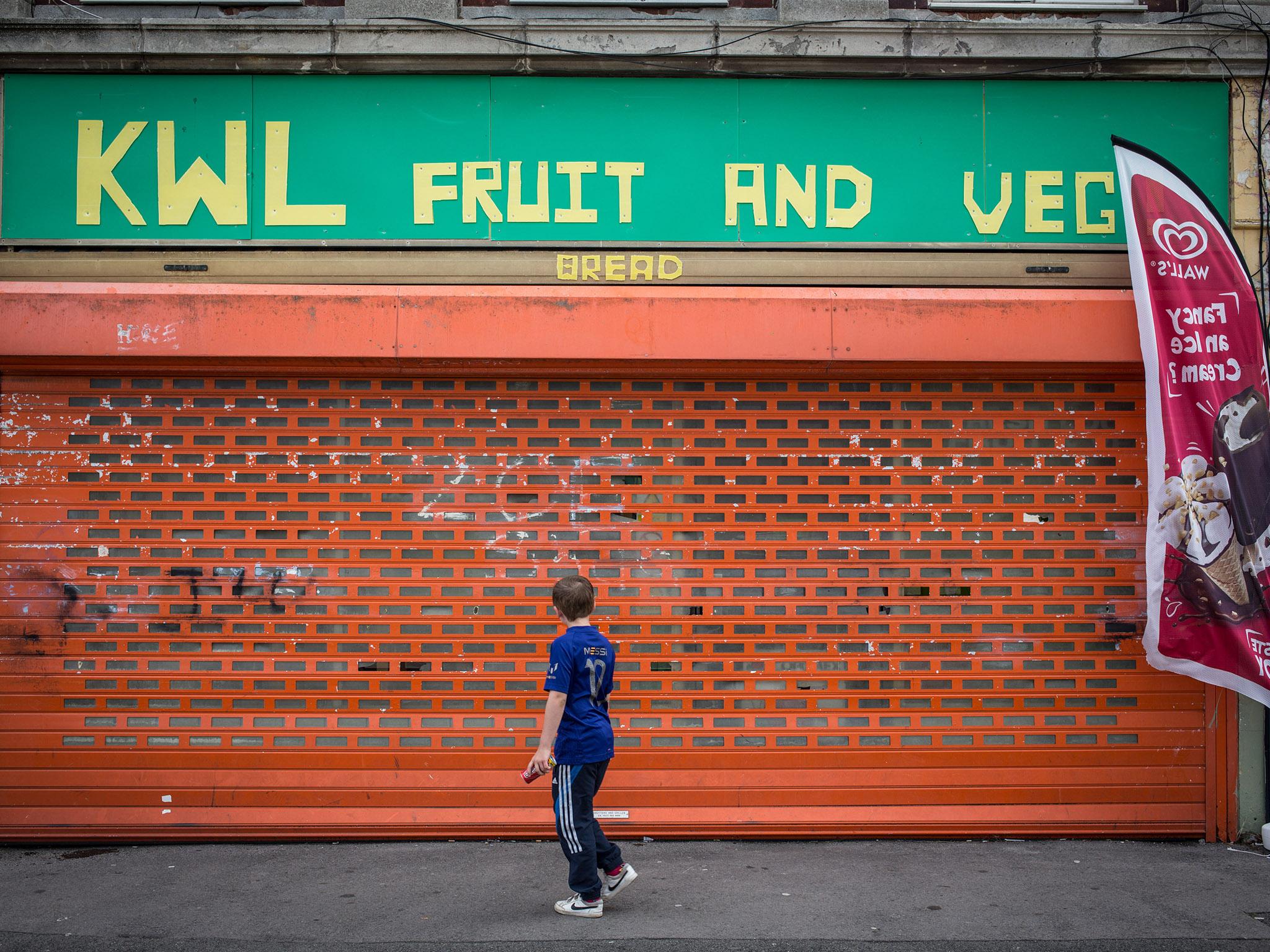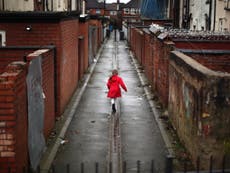Nearly half of families forced into debt since start of pandemic, figures show
Exclusive: Almost 18 million people have had to use credit cards, go into their overdraft or borrow from friends and family since March, according to polling

Your support helps us to tell the story
From reproductive rights to climate change to Big Tech, The Independent is on the ground when the story is developing. Whether it's investigating the financials of Elon Musk's pro-Trump PAC or producing our latest documentary, 'The A Word', which shines a light on the American women fighting for reproductive rights, we know how important it is to parse out the facts from the messaging.
At such a critical moment in US history, we need reporters on the ground. Your donation allows us to keep sending journalists to speak to both sides of the story.
The Independent is trusted by Americans across the entire political spectrum. And unlike many other quality news outlets, we choose not to lock Americans out of our reporting and analysis with paywalls. We believe quality journalism should be available to everyone, paid for by those who can afford it.
Your support makes all the difference.Nearly half of families with children have been forced into some form of debt since the start of the pandemic, prompting warnings that Britain risks becoming a nation “surviving on credit”.
New figures seen by The Independent show that almost 18 million people, a third of the population, have had to use credit cards, go into their overdraft or borrow from friends and family since March.
The research, based on a survey of more than 2,000 people commissioned by debt charity Turn2Us, reveals that this applies to 45 per cent of households with children - meaning around 3.6 million families have been pushed into debt.
It comes following a stark warning from the UK’s human rights watchdog that the government must prioritise children’s rights and do more to protect them from the “devastating” economic and psychological impact of the pandemic.
The Equality and Human Rights Commission (EHRC) said more families now risk being pushed into economic hardship and groups who already faced poverty were likely to see their income reduced further, because coronavirus was “exacerbating existing inequalities”.
The new findings from Turn2Us also show that people on furlough were considerably more likely to be borrowing money, with half of those who have been furloughed since March falling into debt, compared to 23 per cent of people who have seen no change to the employment.
And they reveal that one in 10 families with children had been forced to sell belongings to make ends meet since March, while three in four parents had worked extra hours or taken on an extra job.
Thomas Lawson, chief executive at Turn2us, said financial resilience across the UK was at an “all-time low” and called on ministers to establish a “long-term strategy” to support people as the economic crisis rolls on, or risk becoming a nation “surviving on credit”.
“Even if a vaccine for Covid-19 became available tomorrow, the damage has been done to people’s finances. People have spent their savings and used up their rainy day funds, there is nothing left,” he said.
“The Covid pandemic has had a profound impact on the UK economy, and across the country people are losing their jobs, falling into debt and fighting of the risk of hunger and homelessness.”
Mr Lawson said certain groups had faced a clear and disproportionate affect, including women, people with disabilities, larger families, minoritised groups and younger people.
“The government must act. If people can’t last two weeks without a pay cheque, how are they going to last five weeks waiting for universal credit? The DWP must build on the existing support schemes and create a long term strategy to support people as this crisis rolls on. Otherwise we risk becoming a nation surviving on credit,” he added.
A government spokesperson said: “We know this has been a challenging time, and in response we’ve boosted welfare support by £9.3bn as well as introducing income protection schemes, mortgage holidays and additional support for renters, and we constantly keep these measures under review.
“We have also introduced the Covid Winter Support Package for those on low incomes and made £3.7bn available to local authorities to help address pressures on local services.”

Join our commenting forum
Join thought-provoking conversations, follow other Independent readers and see their replies
Comments